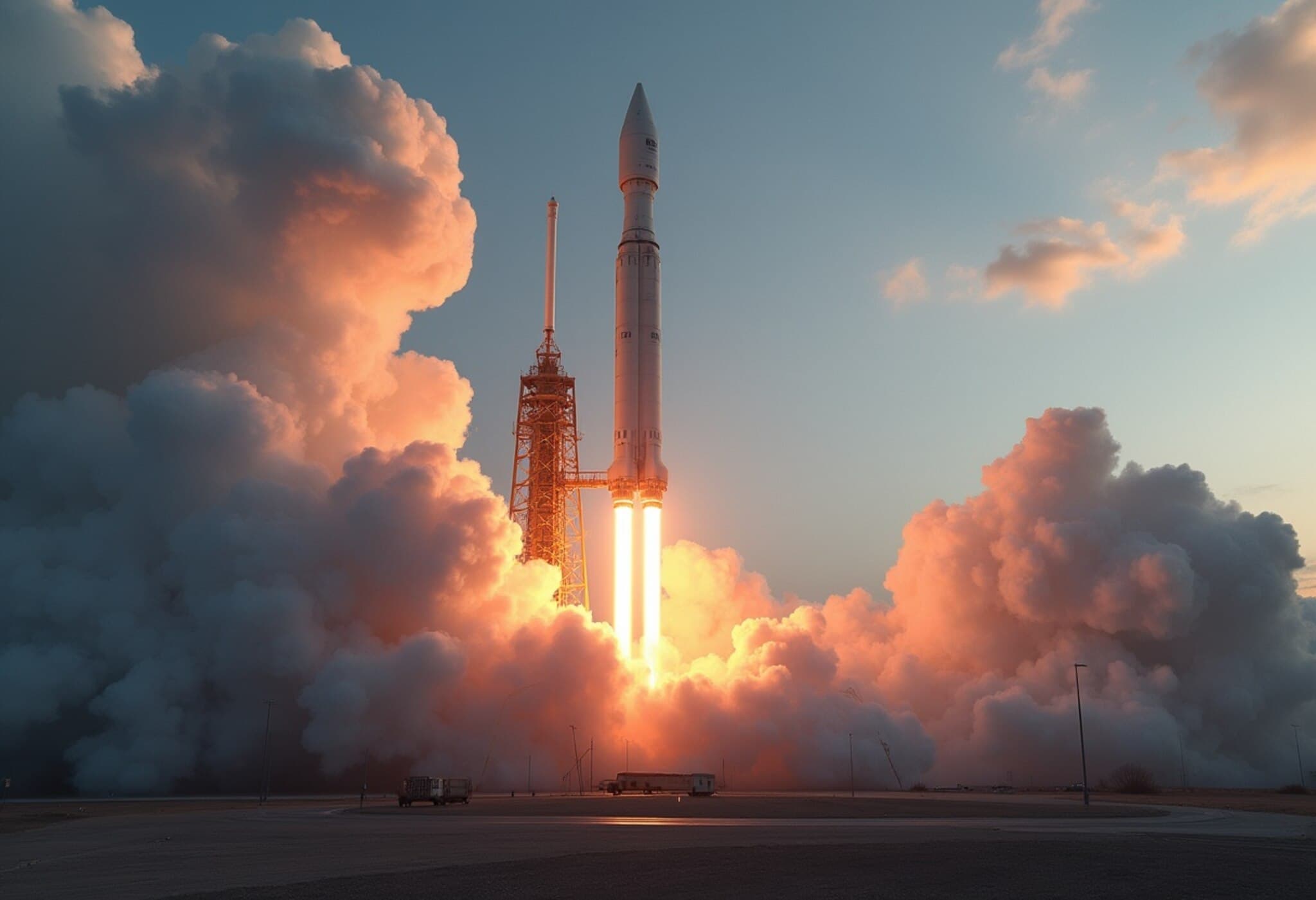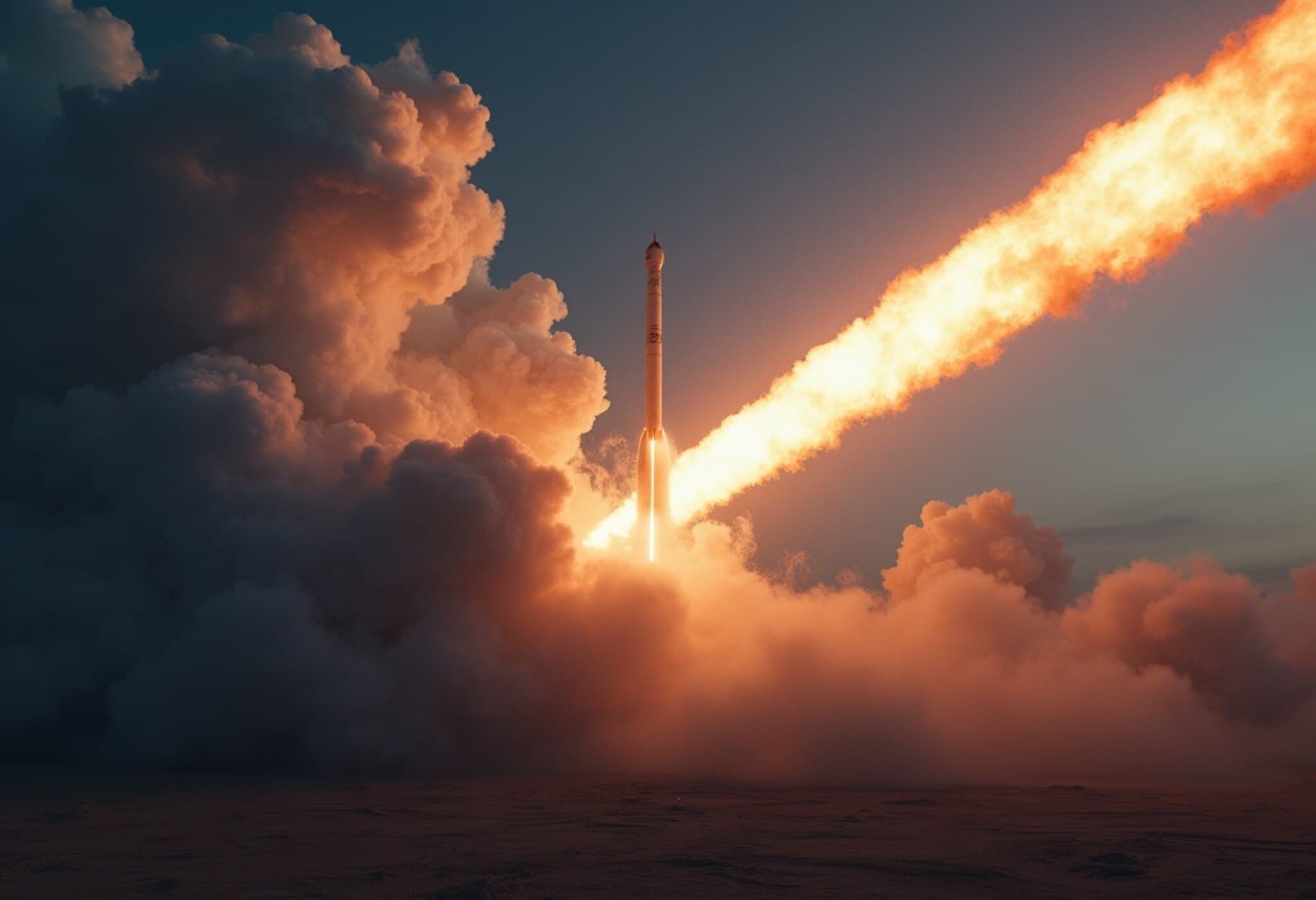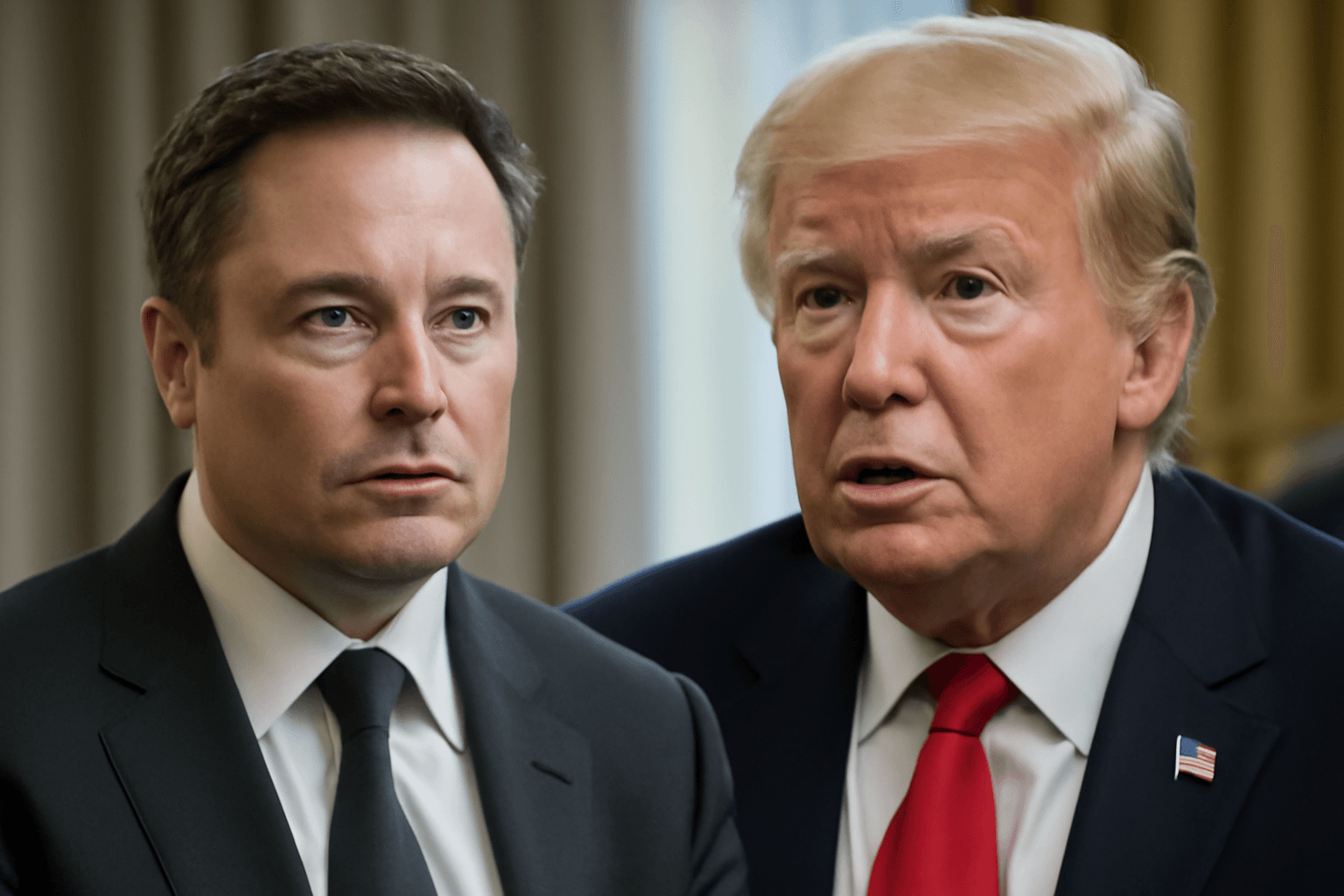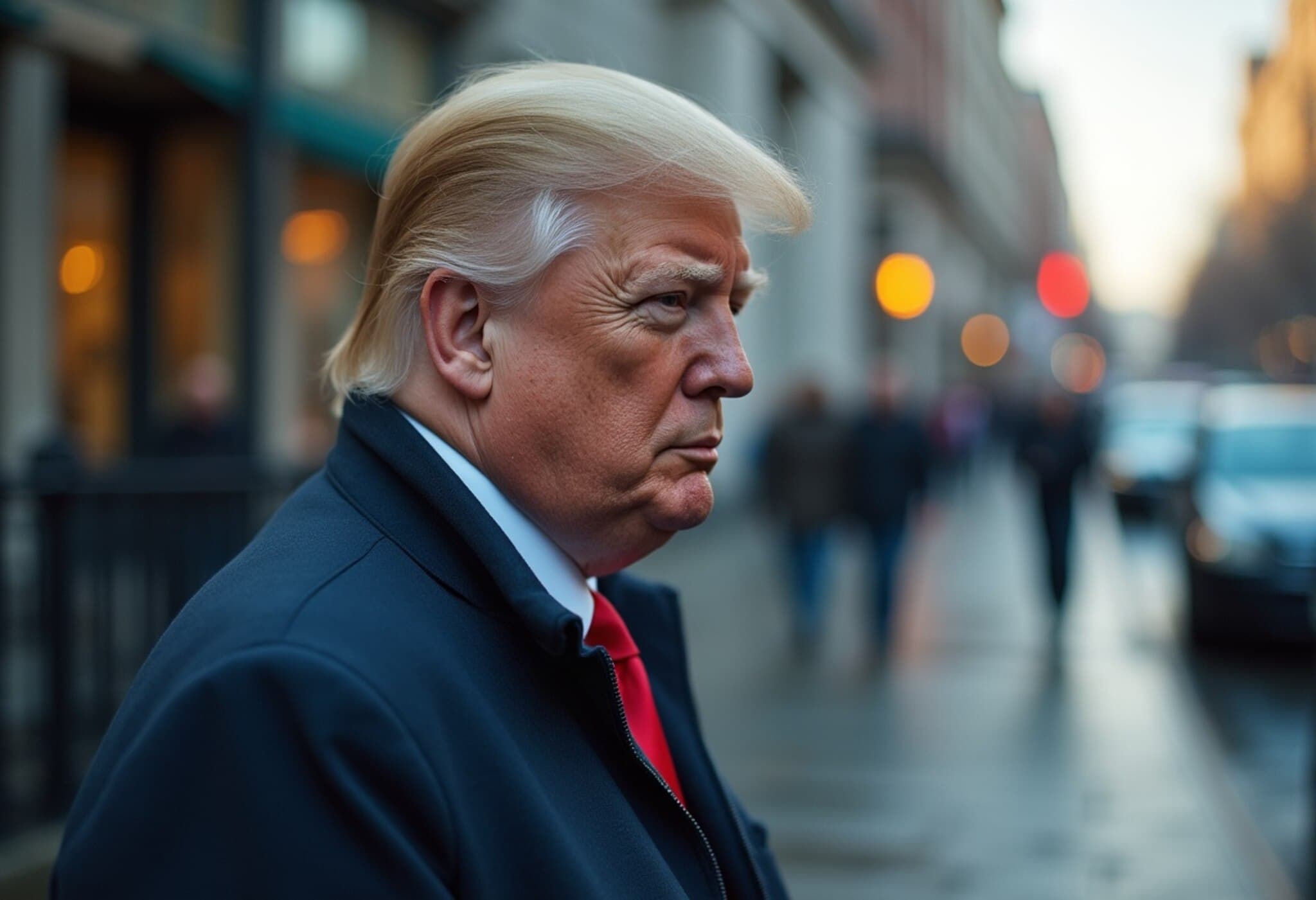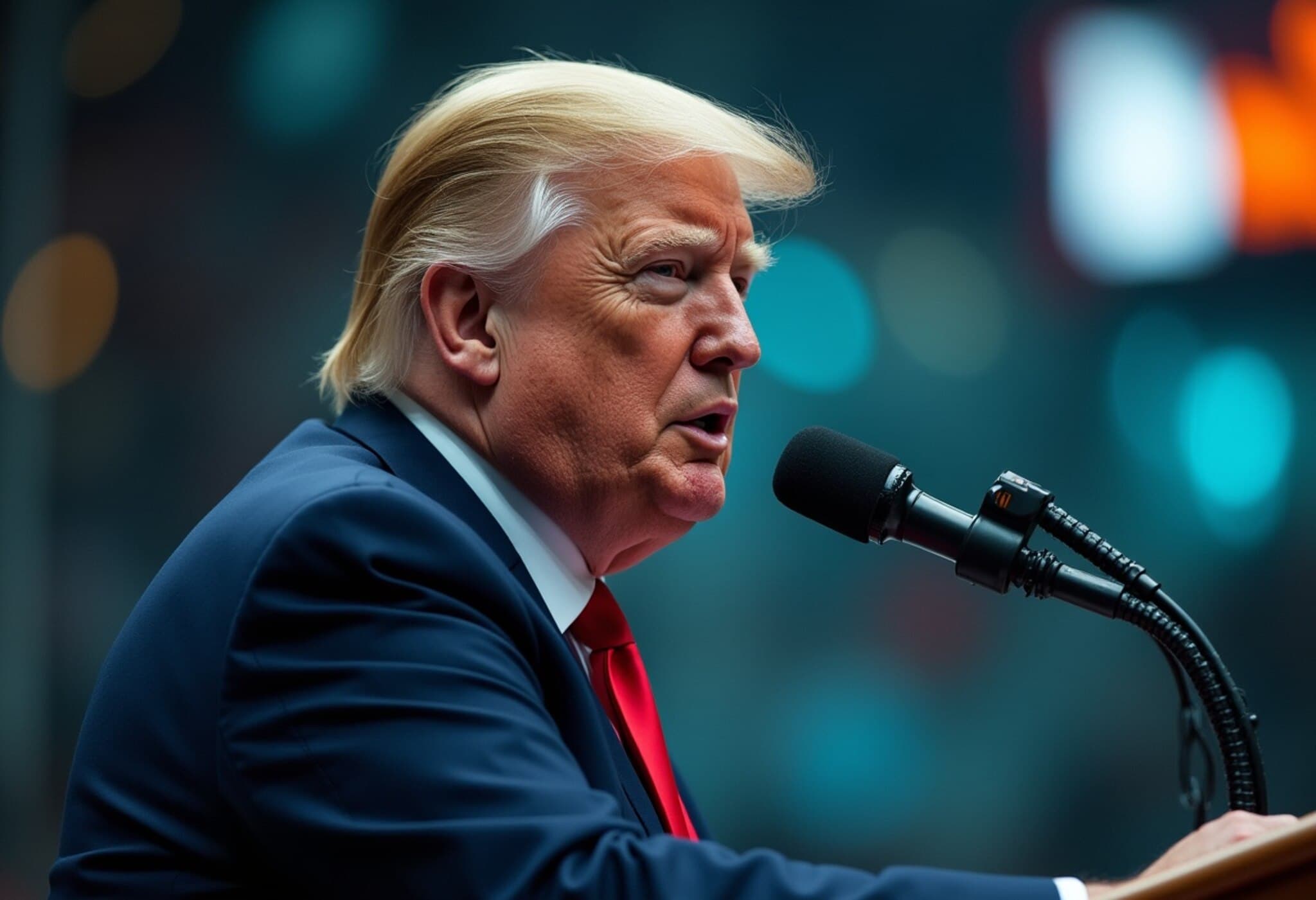Trump Signs Executive Order to Loosen Regulations on Private Space Industry
On August 14, 2025, US President Donald Trump signed a sweeping executive order aimed at significantly deregulating the private space sector. The directive is designed to accelerate American space launches and bolster the commercial space market, a move many see as a clear advantage for industry leaders such as Elon Musk’s SpaceX.
Driving a New Era in Commercial Space Launches
This new policy, set against the backdrop of Trump's renewed push for ambitious space exploration—including missions to the Moon and Mars—places a spotlight on boosting the number of US-based space launches by 2030. The executive order explicitly states a goal to “enhance American greatness in space by enabling a competitive launch marketplace and substantially increasing commercial space launch cadence.”
Currently, SpaceX dominates the commercial launch field with over 130 missions launched last year alone. The deregulation effort is expected to increase that number even further, positioning the US as a clear leader in space commerce.
Eliminating Environmental Reviews Sparks Controversy
A key element of the order is the call for the Department of Transportation, overseen by Transportation Secretary Sean Duffy (who also serves as NASA administrator), to expedite or eliminate environmental review processes for space launches. While designed to streamline operations, this provision has ignited criticism from environmental organizations.
- Center for Biological Diversity condemned the order as "reckless," highlighting potential risks to protected wildlife and ecosystems affected by rocket launches.
- Critics point to SpaceX’s Starship rocket, the largest and most powerful in history, which has provoked environmental concerns at launch sites—especially after multiple fiery test explosions, including a notable one this past June.
Jared Margolis from the Center stressed that the rapid increase in launches could endanger both human safety and surrounding habitats, emphasizing the need for responsible regulatory frameworks.
Elon Musk’s Role and the Broader Context
Elon Musk, the world’s richest man and former close advisor to Trump before a public falling out earlier this year, has long championed the deregulation of the space industry. Musk’s vision of colonizing Mars hinges heavily on the success of SpaceX’s Starship program, which embraces a "fail fast, learn fast" philosophy to accelerate innovation amid setbacks.
The Federal Aviation Administration (FAA) recently raised the limit on annual Starship launches from five to 25, a signal that regulators are willing to accommodate greater operational tempo despite environmental concerns.
Trump’s executive order not only reflects a strategic push to outpace global competitors in the rapidly evolving space race but also raises critical questions about balancing commercial growth with ecological stewardship and public safety.
Expert Insight: Navigating Growth and Responsibility
Experts in space policy caution that while boosting innovation and industrial capacity is vital for American leadership, unchecked deregulation could jeopardize long-term sustainability. The tension between economic ambitions and environmental protection is a defining challenge for 21st-century space governance.
Moreover, the political dynamics surrounding Musk and Trump underscore the complex interplay between industry stakeholders and government policy—where alliances can swiftly shift and public interests demand vigilant oversight.
Editor’s Note
President Trump’s recent executive order marks a significant milestone in US space policy, highlighting both the promise and peril of rapid commercialization beyond Earth. As private companies like SpaceX push the boundaries of human exploration, it becomes increasingly critical to ask: How can America foster innovation while safeguarding its environment and communities? What safeguards are necessary to ensure that the pursuit of cosmic ambitions doesn't come at the expense of earthly responsibilities?
This pivotal moment calls for nuanced dialogue between policymakers, industry leaders, environmental advocates, and the public to chart a sustainable path forward in humanity’s next great frontier.


